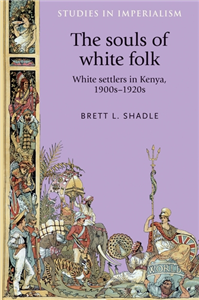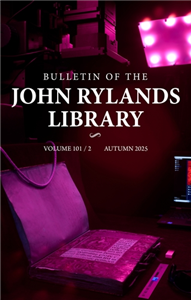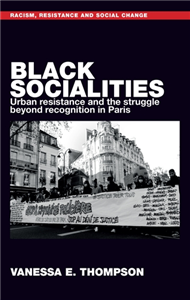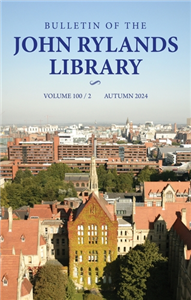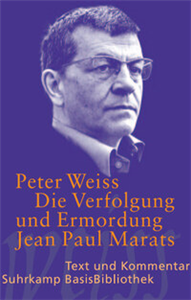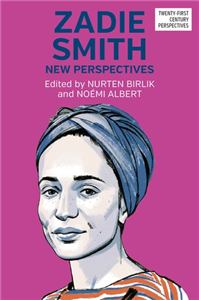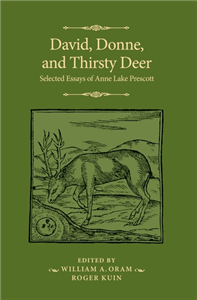Smith-Obolensky Media
Smith-Obolensky Media is an international media boutique featuring the work by award-winning author Ivan Obolensky. His gothic mystery, Eye of the Moon, sold over ten thousand copies and the sequel is well underway for release next year. The Latin American Spanish literary translation has been accepted into the Librería Nacional chain, the largest in Colombia, for a thousand paperbacks to be sold in their stores (including those in three international airports). We are magicmakers. How many of us have changed from a simple line we once read, or a film we saw at a crossroads moment? The art of storytelling, in all its facets, is something we celebrate. In this spirit, we accept projects on a limited basis and focus on one author at a time, so we can fully present their works.
View Rights Portal






